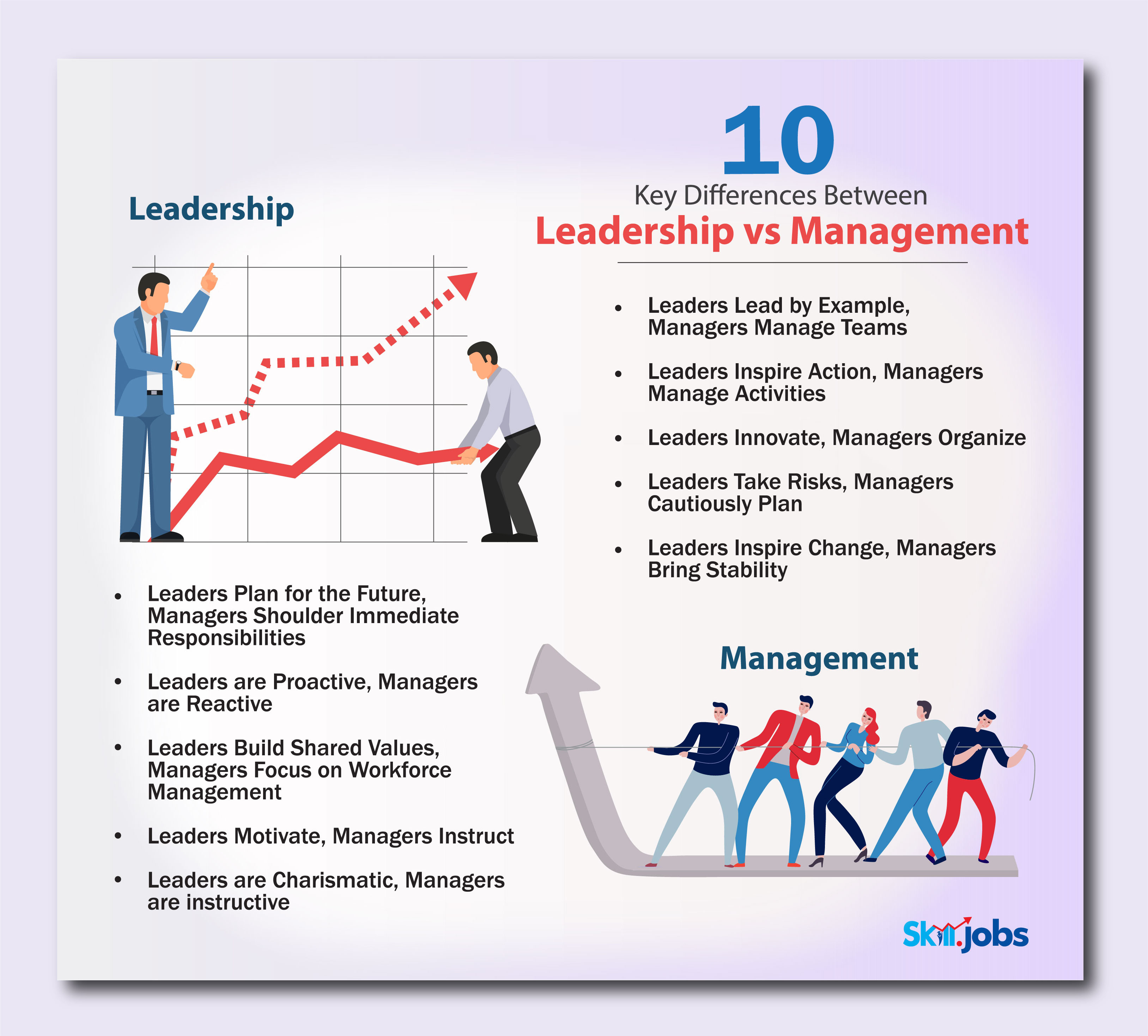Middle Managers: The Bridge Between Leadership And Workforce

Table of Contents
The Essential Role of Middle Managers in Communication and Information Flow
Middle managers are the linchpin of effective communication within any organization. They ensure that strategic goals translate into actionable tasks, and that feedback flows seamlessly between the leadership team and the workforce. This two-way communication is vital for organizational health and efficiency.
Translating Vision into Action
Middle managers are responsible for interpreting and translating high-level strategic goals set by senior leadership into actionable plans and tasks for their teams. This requires a deep understanding of both the big picture and the day-to-day realities of their teams' work. Effective middle managers excel at:
- Clarifying complex directives: Breaking down complex strategies into clear, concise instructions that everyone can understand.
- Providing context and rationale: Explaining why tasks are important, connecting individual work to the broader organizational goals. This boosts employee engagement and motivation.
- Breaking down large projects into smaller, manageable tasks: Creating a manageable workflow that prevents team members from feeling overwhelmed.
- Ensuring consistent communication across all levels: Maintaining regular communication with both senior leadership and team members, keeping everyone informed and aligned.
Feedback Loop and Reporting
Middle managers act as a critical feedback loop, relaying employee concerns and suggestions upward to leadership while simultaneously communicating updates and progress downward to teams. This dual role is essential for:
- Identifying potential roadblocks early: Proactive problem-solving prevents minor issues from escalating into major problems.
- Relaying employee feedback to improve morale and productivity: Creating a culture where employee voices are heard and valued.
- Providing accurate and timely progress reports: Keeping leadership informed and allowing for course correction when needed.
- Facilitating open and honest communication: Cultivating a transparent and trusting work environment.
Middle Managers as Mentors and Team Builders
Beyond communication, successful middle managers are exceptional mentors and team builders. Their ability to develop their teams and foster a positive work environment significantly impacts overall organizational success.
Developing Employee Skills and Talent
Middle managers play a vital role in coaching, mentoring, and training their team members, fostering a culture of continuous learning and professional development. This includes:
- Identifying training needs: Recognizing skill gaps and implementing solutions to address them.
- Providing constructive feedback: Offering guidance and support to help team members improve their performance.
- Delegating tasks effectively: Empowering team members by assigning appropriate responsibilities.
- Offering support and encouragement: Creating a positive and encouraging work environment where employees feel valued.
Fostering Team Cohesion and Collaboration
Effective middle managers build strong, collaborative teams characterized by high morale, trust, and mutual respect. They achieve this through:
- Promoting teamwork and collaboration: Encouraging team members to work together effectively.
- Resolving conflicts constructively: Mediating disagreements and fostering a harmonious work environment.
- Recognizing and rewarding employee contributions: Acknowledging achievements and motivating team members.
- Creating a positive and supportive work environment: Building a culture of respect, trust, and mutual support.
Overcoming Challenges Faced by Middle Managers
The role of a middle manager is not without its challenges. Effective middle managers need strong organizational skills and the ability to navigate complex situations.
Balancing Competing Priorities and Demands
Middle managers often face conflicting demands from both upper management and their direct reports, requiring strong organizational and prioritization skills. Success hinges on:
- Effective time management techniques: Mastering time management to juggle multiple responsibilities.
- Prioritization frameworks (e.g., Eisenhower Matrix): Employing frameworks to effectively prioritize tasks.
- Delegation strategies: Assigning tasks appropriately to team members.
- Seeking support from senior leadership when needed: Knowing when to escalate issues and seek assistance.
Navigating Organizational Change and Uncertainty
Middle managers are frequently on the front lines of organizational change and must effectively communicate and manage change within their teams. This necessitates:
- Change management strategies: Implementing strategies to manage and facilitate change effectively.
- Open and transparent communication: Keeping their teams informed and involved in the change process.
- Addressing employee concerns and anxieties: Providing support and reassurance during times of uncertainty.
- Providing clear guidance and support: Guiding their teams through the change process and offering support.
Conclusion
Middle managers are indispensable for organizational success. Their ability to effectively communicate, mentor, and navigate challenges directly impacts employee morale, productivity, and the overall achievement of strategic goals. Investing in training, development, and support for your middle managers is an investment in the long-term health and success of your entire organization. Strengthen your organization by focusing on the development and empowerment of your middle managers. They are, without a doubt, the bridge between leadership and workforce. Invest in your middle management team today, and reap the rewards of a more productive, engaged, and successful organization.

Featured Posts
-
 Bwtshytynw Ystdey Thlatht Laebyn Jdd Lmntkhb Alwlayat Almthdt
May 21, 2025
Bwtshytynw Ystdey Thlatht Laebyn Jdd Lmntkhb Alwlayat Almthdt
May 21, 2025 -
 Abn Amro Dutch Central Bank Investigates Bonus Payments
May 21, 2025
Abn Amro Dutch Central Bank Investigates Bonus Payments
May 21, 2025 -
 Ancelotti Den Klopp A Real Madrid Icin Dogru Secim Mi
May 21, 2025
Ancelotti Den Klopp A Real Madrid Icin Dogru Secim Mi
May 21, 2025 -
 Man Breaks Australian Foot Crossing Speed Record
May 21, 2025
Man Breaks Australian Foot Crossing Speed Record
May 21, 2025 -
 Broadcoms Proposed V Mware Price Hike An Extreme Cost Increase For At And T
May 21, 2025
Broadcoms Proposed V Mware Price Hike An Extreme Cost Increase For At And T
May 21, 2025
